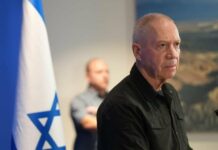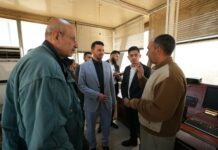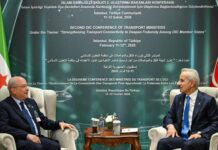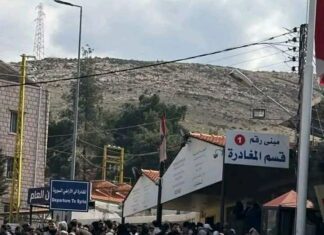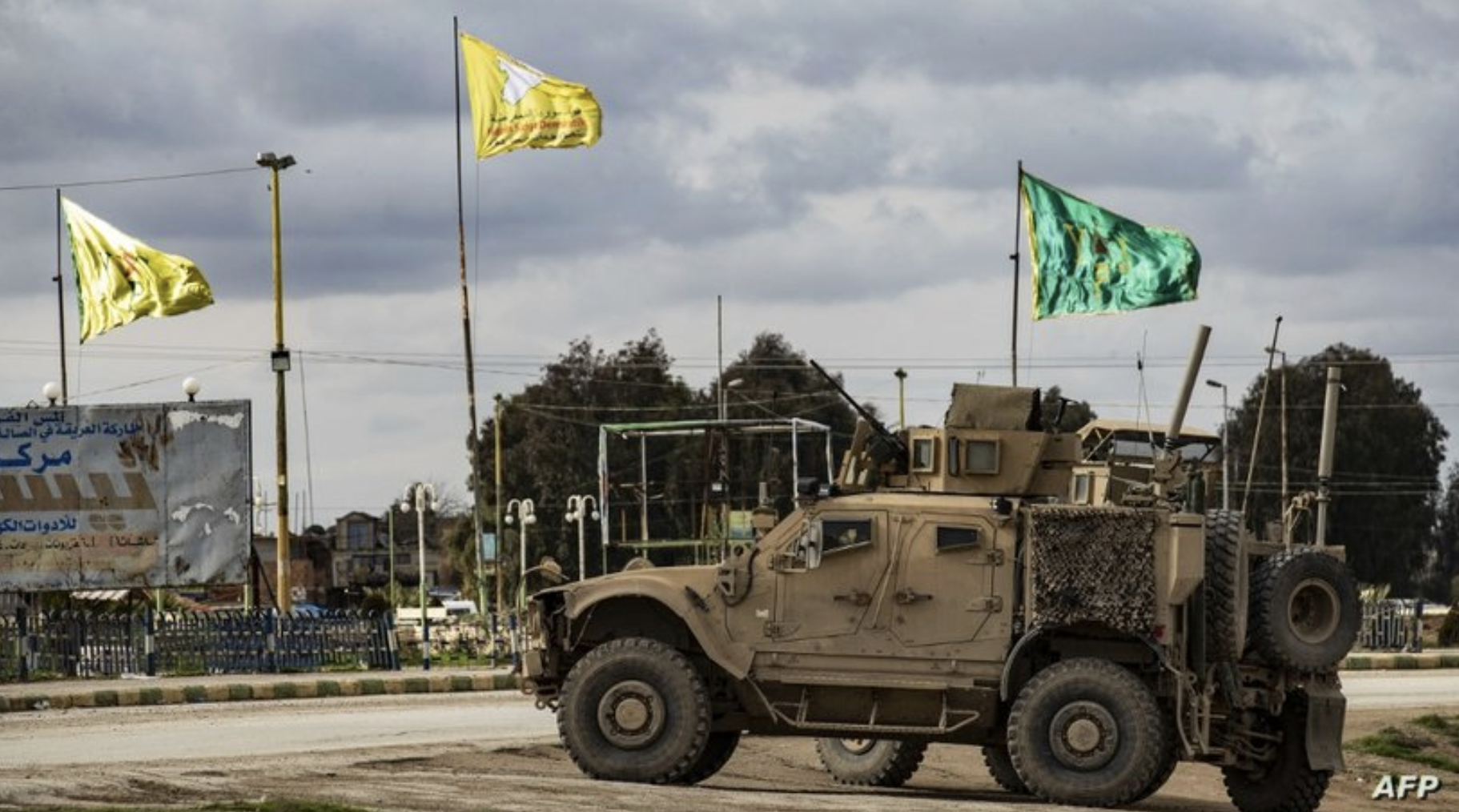
Political and security tensions in Syria’s northeast deepened as the Syrian Democratic Forces (SDF) and the transitional government in Damascus struggle to implement an integration agreement signed in March. The deal, announced on March 10 by President Ahmad al-Sharaa and SDF commander Mazloum Abdi, aimed to merge the SDF’s military and civilian institutions into a centralized state framework.
Despite initial optimism, the agreement has faltered. The Autonomous Administration (AANES), the civilian arm of the SDF, said in a Sept. 14 statement that Damascus has delayed turning dialogue into practical steps, raising doubts over its commitment. The administration stressed that its decentralized governance model does not amount to secession and warned that accusing it of separatism undermines coexistence.
Damascus Presses for Unity
President Sharaa, speaking on Syrian television on September 13, reaffirmed his determination to avoid war in the northeast but insisted the government would not surrender sovereignty. “Syria will not give up a single grain of soil,” he said. He added that the agreement with the SDF remains valid until the end of the year, with implementation expected by December.
Syrian officials describe the March deal as “historic,” but acknowledge that SDF objections to the interim constitutional declaration have stalled progress. The SDF leadership maintains that integration must include “constitutional recognition” of Syria’s diverse communities, not just military incorporation.
Turkey Warns of Escalation
Turkey has voiced growing impatience with the stalled process. President Recep Erdogan met Sharaa on Sept. 15 in Doha, emphasizing the need for the SDF to abide by the March agreement. A senior Syrian official told Reuters that Ankara warned it may back “military action” against the group if progress is not made before year’s end.
Turkish Minister of Foreign Affairs Hakan Fidan said in Rome that Kurdish fighters linked to the internationally designated terrorist organization the Kurdistan Workers’ Party (PKK) are crossing into Syria to reinforce the SDF, calling the situation a direct threat to Turkey’s national security. “We will not remain silent in the face of these threats,” he said.
International and Domestic Calls for Dialogue
The Syrian Democratic Council, the SDF’s political wing, urged in a Sept. 14 meeting in Hasakah for a comprehensive national dialogue. It described the self-administration model as a “critical experiment” in participatory governance and reaffirmed commitment to UN Security Council Resolution 2254 as the basis for a political solution.
While Damascus continues to press for central control, the AANES says it stands ready to resume negotiations once official dates are set. Technical committees on constitutional, administrative, and security matters remain on hold pending government approval.
Deadline Looms as Turkey Watches
With both sides exchanging reassurances yet holding firm on conditions, the future of Syria’s northeast remains unsettled. The coming months will test whether Damascus and the SDF can reconcile differences or whether outside powers, particularly Turkey, will force a different outcome.

